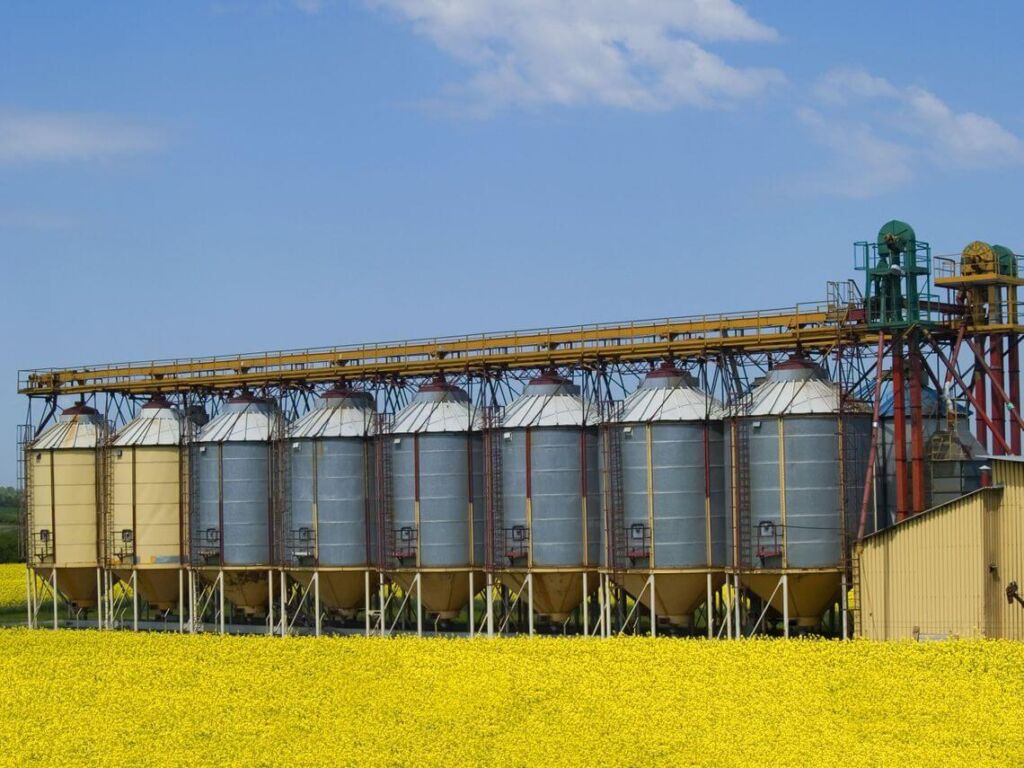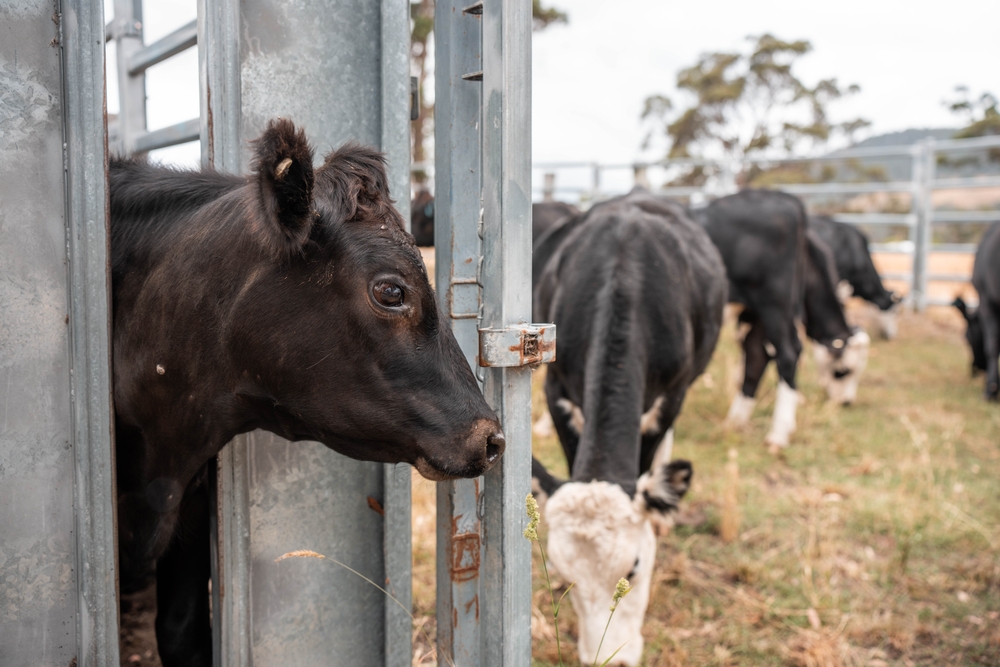Legal for Trade Scale Certification: Why It Matters and How to Stay Compliant
In industries where precise weight measurements directly impact transactions—such as retail, agriculture, logistics, and manufacturing—Legal for Trade Scale Certification is a regulatory requirement. These scales must meet strict accuracy standards to ensure fairness in commercial transactions. However, obtaining certification is only the first step. Businesses must also comply with periodic renewal requirements to maintain certification and avoid legal or financial repercussions.
At Accurate Western Scale, we provide expert certification services to ensure your scales remain compliant, helping you avoid penalties and maintain consumer trust. In this blog, we’ll cover why Legal for Trade Scale Certification is essential, how often it needs to be renewed, and what businesses can expect from the certification process.
What Is Legal for Trade Scale Certification?
Legal for Trade scales are weighing devices that meet the accuracy and reliability standards set by Measurement Canada. These scales are certified to ensure that consumers and businesses engage in fair trade, with confidence that they are receiving precisely what they pay for.
Why Certification Matters
- Legal Compliance – Using uncertified or expired scales in commercial transactions can result in penalties and fines.
- Consumer Trust – Accurate measurements ensure fairness and transparency, strengthening customer confidence in your business.
- Operational Efficiency – Certified scales reduce discrepancies and disputes, preventing potential financial losses.
How Often Do Legal for Trade Scales Need to Be Recertified?
Depending on the trade sector, periodic renewals are required to maintain compliance and accuracy. However, livestock scales are an exception—once certified, they remain valid indefinitely, with no requirement for recertification. For other types of scales, the frequency of certification renewal depends on several factors, including the type of scale, industry regulations, and applicable federal requirements.
Additionally, how often a scale is used, and the environmental conditions in which it operates can impact its accuracy, requiring more frequent inspections.
Measurement Canada mandates periodic inspections to ensure scales remain compliant, and failure to renew certification can lead to penalties, fines, or even legal action. Staying proactive with scheduled certifications helps businesses avoid these risks while ensuring fair and transparent transactions.
The Certification Renewal Process
- Inspection and Testing – A certified technician evaluates the scale for accuracy and compliance.
- Adjustments and Calibration – If necessary, the scale is calibrated to ensure proper function.
- Approval and Sealing – Once it passes inspection, the scale is recertified and sealed.
- Documentation – A record of certification is provided, ensuring compliance with Measurement Canada standards.
Legal vs. Non-Legal for Trade Scales
Not all scales require Legal for Trade Certification. While certified scales are necessary for commercial transactions, Non-Legal for Trade scales are often used for internal purposes, such as inventory management or quality control. Choosing the right scale depends on your business needs.
At Accurate Western Scale, our team of experts can help you with a new certification and/or renewals. To avoid compliance issues, businesses should proactively schedule periodic scale certifications. Reach out to us to learn more about our services.





